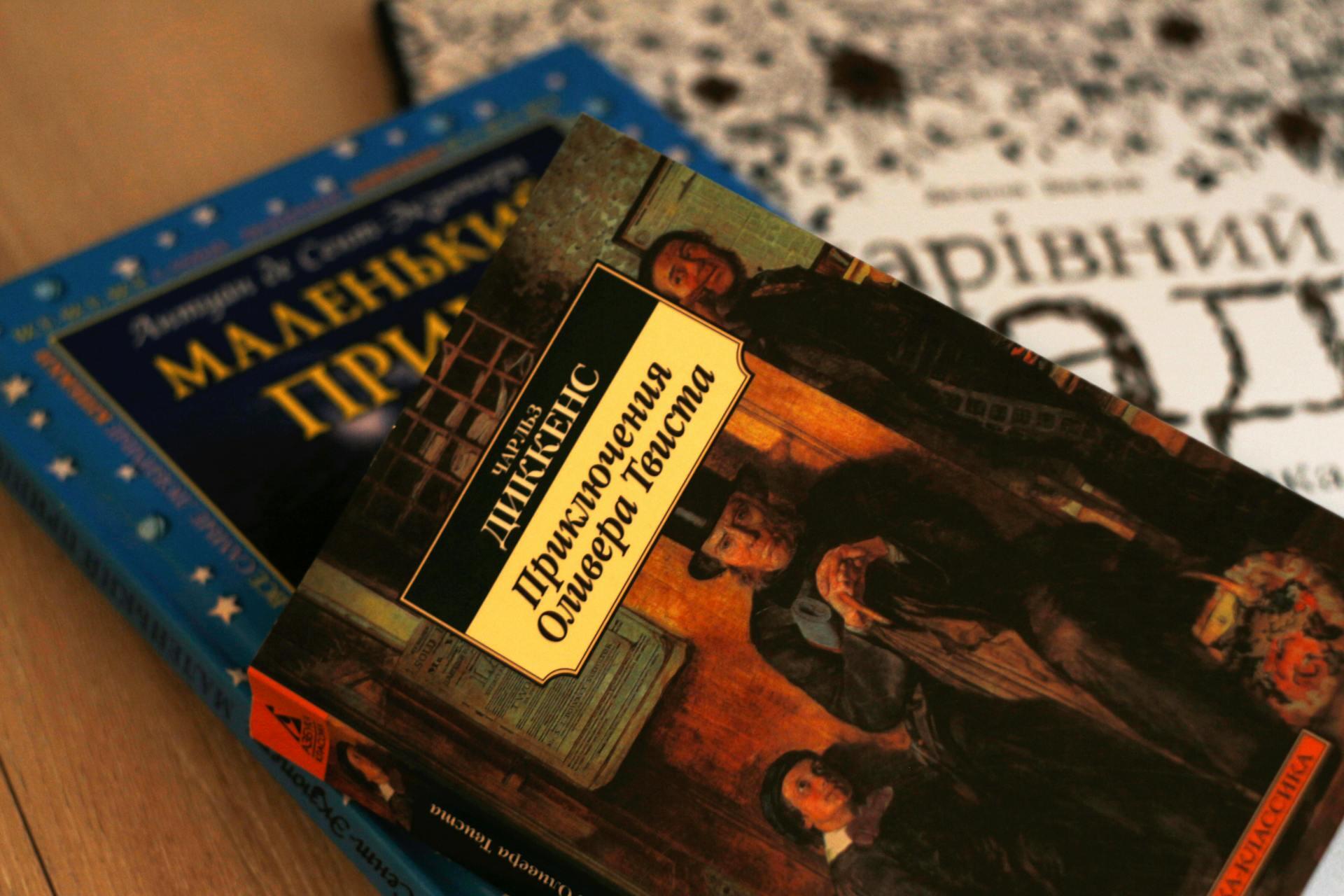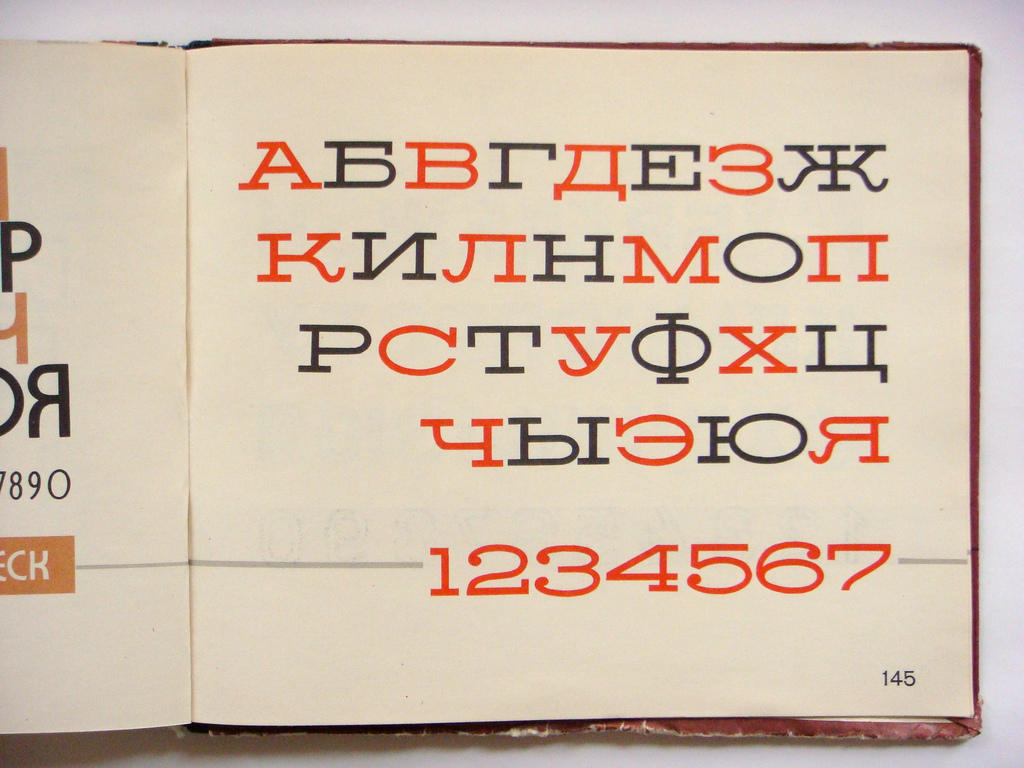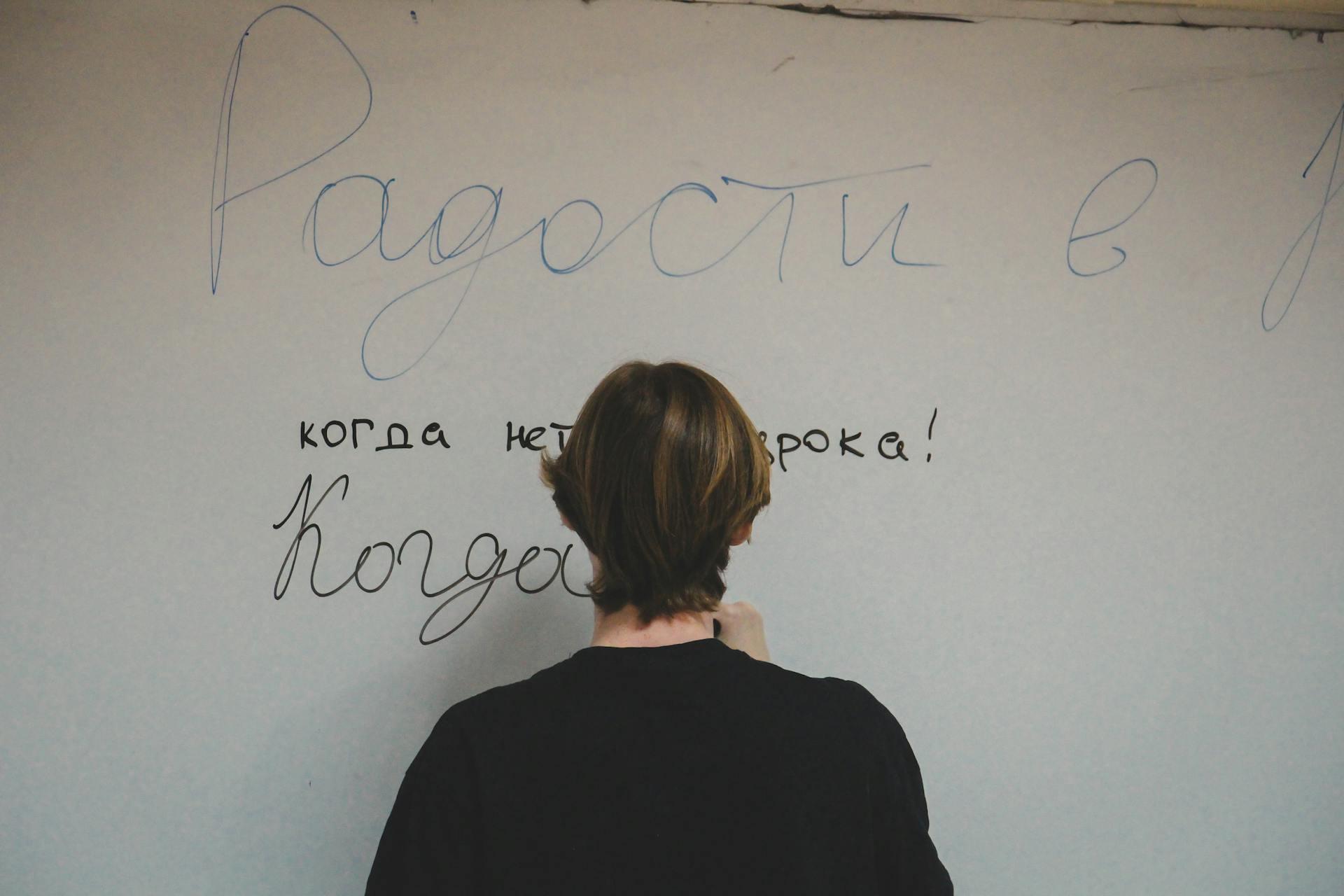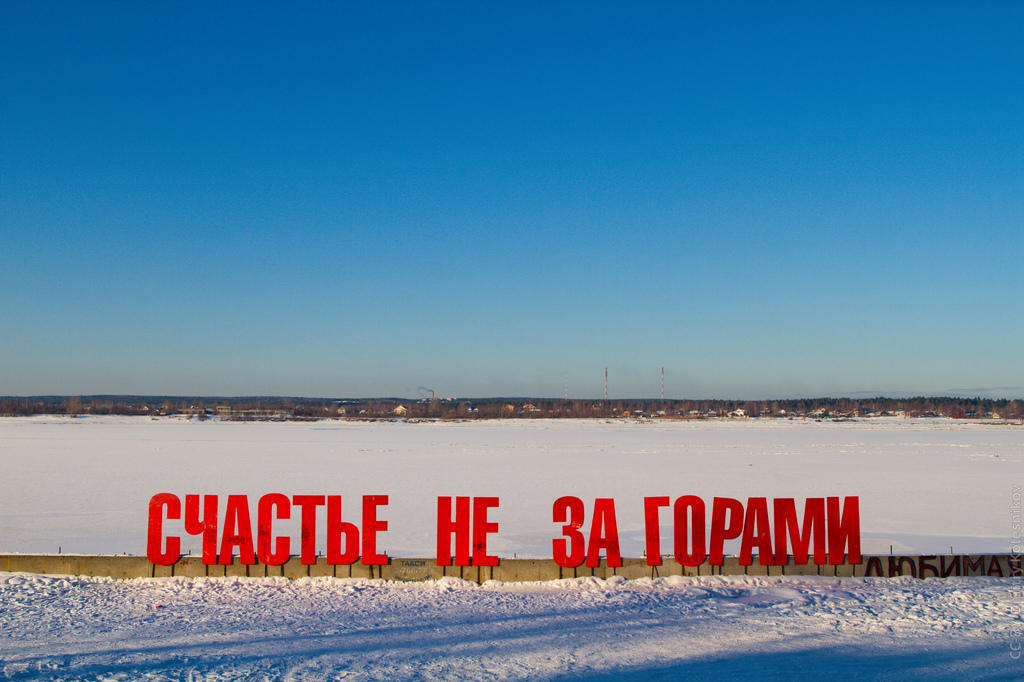A book will teach, but the mind will prompt - Книга научит, а ум подскажет
Russian proverb
Eager to start learning Russian and find out more about the land of the Tsars, maybe even taking a trip to Moscow or St. Petersburg?! Learn to read Tolstoy or Pushkin or other greats of Russian literature in the original language.
Wonderful! This Slavic language is spoken by about 154 million people worldwide, and while at first, it may seem daunting to learn a whole new alphabet, Russian grammar, while quite different from English in many ways, is in others also much simpler.
So once you have mastered the Cyrillic alphabet and learned a few basic Russian grammar rules, it’s time to study the core of the Russian sentences and how to build them.

Alphabet and Pronunciation
The Russian language is written using the Cyrillic alphabet. It consists of 33 letters, 10 vowels (а, е, ё, и, о, у, ы, э, ю, я), 21 consonants, and 2 signs (hard and soft) that are not pronounced, but that are easy to learn.
| Letter | Pronunciation | Example with translation |
| А а | a as in car | мама (mama) |
| Б б | b as in boy | банан (banana) |
| В в | v as in van | вода (water) |
| Г г | g as in go | город (city) |
| Д д | d as in dog | дом (house) |
| Е е | ye as in yes | еда (food) |
| Ё ё | yo as in yoga | ёж (hedgehog) |
| Ж ж | zh as in measure | журнал (magazine) |
| З з | z as in zoo | зима (winter) |
| И и | ee as in see | кино (cinema) |
| Й й | y as in boy (short) | май (May) |
| К к | k as in kite | кот (cat) |
| Л л | l as in lamp | лимон (lemon) |
| М м | m as in man | мама (mom) |
| Н н | n as in no | нос (nose) |
| О о | o as in bore (stressed), uh as in up (unstressed) | дом (house) |
| П п | p as in pen | папа (dad) |
| Р р | r rolled, like in Spanish perro | река (river) |
| С с | s as in sun | соль (salt) |
| Т т | t as in top | том (volume/book) |
| У у | oo as in boot | утка (duck) |
| Ф ф | f as in fun | фонарь (lamp) |
| Х х | kh as in loch or German Bach | хлеб (bread) |
| Ц ц | ts as in cats | цирк (circus) |
| Ч ч | ch as in cheese | час (hour) |
| Ш ш | sh as in shoe | школа (school) |
| Щ щ | shch as in fresh cheese | щука (pike fish) |
| Ъ ъ | Hard sign (no sound) – separates sounds | подъезд (entrance) |
| Ы ы | No exact English sound – like i in ill, pronounced from deep in the throat | сы́р (cheese) |
| Ь ь | Soft sign – softens the preceding consonant | мать (mother) |
| Э э | e as in met | это (this) |
| Ю ю | yu as in universe | юг (south) |
| Я я | ya as in yacht | яблоко (apple) |
Pronunciation can also affect grammatical understanding:
- Stressed vowels: Vowel pronunciation changes depending on whether the vowel is stressed or not. Stress can change the meaning or grammatical case of a word.
| Word | Translation | Pronunciation | Stress Explanation |
| за́мок | castle | ZAH-muk — like "zombie" | Stress on first syllable (а) |
| замо́к | lock | za-MOK — like "mocha" | Stress on second syllable (о) |
- Soft and hard consonants: Russian has both soft and hard consonants, which affect verb endings, plural forms, and adjective-noun agreement.
| Word | Translation | Pronunciation | Consonant Type |
| кот | cat | koht — like “caught” with a hard t | Hard т |
| кит | whale | keet — like “key + t”, soft т with a slight “ty” sound | Soft т’ before и |
Understanding the alphabet and correct pronunciation will be essential for learning Russian from scratch, from verb conjugation to case endings.
Noun Genders and Cases
In Russian, all nouns have a grammatical gender and follow a case system that affects their endings.
Noun Genders
Russian has three genders:
- Masculine
- Feminine
- Neuter (neutral)
The Six Russian Cases
Russian nouns change endings depending on their role in the sentence. These are the six cases:
| Case | Main Function | Key Questions | Example Sentence | Explanation |
| Nominative(именительный) | Subject of the sentence | Кто? Что? (Who? What?) | Это стол.(This is a table.) | The nominative is the default form — it names the subject. |
| Accusative(винительный) | Direct object (receives the action) | Кого? Что? (Whom? What?) | Я вижу стол.(I see the table.) | "Стол" remains unchanged because it's inanimate masculine. But endings change for other genders or cases. |
| Genitive(родительный) | Shows possession, "of" something | Кого? Чего? (Of whom? Of what?) | Нога стола.(The leg of the table.) | "Стола" is the genitive form of "стол", and means "of the table." |
| Dative(дательный) | Indicates the indirect object, "to/for" | Кому? Чему? (To whom? To what?) | Я дал книгу другу.(I gave the book to a friend.) | "Другу" is the dative form of "друг", the person receiving the book. |
| Instrumental(творительный) | Indicates means/instrument, or "with" someone | Кем? Чем? (With whom? With what?) | Он пишет ручкой.(He writes with a pen.) | "Ручкой" is the instrumental form of "ручка", showing the tool used. |
| Prepositional(предложный) | Used after certain prepositions (в, на, о) | О ком? О чём?(About whom? About what?) | Я думаю о доме.(I’m thinking about the house.) | "Доме" is the prepositional form of "дом", used after the preposition "о" (about). |
Understanding gender and case is a must to construct correct Russian sentences. Since the endings change depending on both, it will be helpful to learn new nouns with their gender and their context. As you move forward, you'll see how cases interact with verbs, adjectives, and even word order.

Verb Aspects and Conjugations
Nouns and pronouns are essential to a sentence, but the central part is the verb. The verb shows what is happening, who is doing the action, and when the action occurred. The verb has an influence on the subject and object, affecting how nouns, pronouns, adjectives, and adverbs are used.
1. Verb Aspects - Russian verbs have two aspects.
- Imperfective: For ongoing, habitual, or incomplete actions
- Perfective: For completed or one-time actions
Most actions are expressed through verb pairs, like:
- делать / сделать – to do
- читать / прочитать – to read
2. Verb Conjugation Basics - The infinitive form of Russian verbs typically ends in:
- -ть (most common): читать (to read), писать (to write)
- -ти (after certain consonants): нести (to carry), вести (to lead)
First and Second Conjugation
Russian verb conjugations differentiate between two groups of verbs: First and second conjugation. Irregular verbs, considered irregular due to changes in their stem (the first part of the verb) when conjugating, usually still belong to the first or second conjugation.
The verbs of the first conjugation group typically have the infinitive endings:
- -ать (e.g. делать – to do)
- -ять (e.g. стоять – to stand)
- -еть (e.g. петь – to sing)
- -овать / -евать (e.g. рисовать – to draw, управлять – to manage)
- -нуть (тонуть – to drown)
The verbs of the second conjugation typically end in:
- -ить (говорить – to speak, любить – to love)
Tenses in Russian
The good news is that, while nouns and pronouns in Russian are more complex to learn, verbs - especially Russian verb tenses - are bit easier to navigate. Russian doesn't have as many tenses as English - where we find several past and present tenses (such as simple past, past progressive, past perfect, past perfect progressive etc.). Russian has:
- One past tense
- One present tense
- Two future constructions, depending on the verbal aspect.

Key Russian Grammar Rules Explained
Russian grammar rules may seem complex at first, however it's built on clear rules. These rules include:
- The case system - which changes noun endings.
- The verbal aspect - which shows whether an action is complete or ongoing.
- The agreement - where adjectives and verbs match the nouns they describe.
Learning these will help you understand sentence structure.
Case System Overview
Nouns, pronouns, adjectives, and numerals change their endings depending on their grammatical role in a sentence. This is called declension, and it’s organized into the 6 cases mentioned. Each case answers specific questions and shows how a word functions, whether it’s the subject, object, or related to possession, direction, or means. Let's look at the example for the word “book” below:
| Function | Question | Case | Example Phrase | Translation |
| Subject | Кто? Что?(Who? What?) | Nominative | Книга на столе. | The book is on the table. |
| Direct object | Кого? Что?(Whom? What?) | Accusative | Я читаю книгу. | I’m reading a book. |
| Possession / “of” | Кого? Чего?(Of whom? Of what?) | Genitive | У меня нет книги. | I don’t have a book. |
| Indirect object / “to” | Кому? Чему?(To whom? To what?) | Dative | Я дал книге пятёрку. | I gave the book a 5 (grade). |
| Means / “with” | Кем? Чем?(With whom? With what?) | Instrumental | Я пишу книгой. | I’m writing with a book. |
| Preposition (“about”) | О ком? О чём?(About whom? About what?) | Prepositional | Я думаю о книге. | I’m thinking about the book. |
As you can see, "book" is the same object; however, its form will change depending on its role in the sentence :)
Verb Aspect: Perfective vs. Imperfective
While many languages use the same word to express ongoing and completed actions with the help of tense or context, Russian differentiates verbal aspect through the use of two distinct verbs. They typically have the same root, and only the prefix or form changes. Even if they appear the same, they have different meanings.
- The imperfective aspect describes actions that are ongoing, repeated, habitual, or not yet completed.
- The perfective aspect describes action that is completed, finished, or occurred once with a definite result.
| Aspect | Verb | Example Sentence | Translation |
| Imperfective | писать | Я пишу письмо. | I am writing a letter. |
| Perfective | написать | Я написал письмо. | I wrote the letter. (It’s done) |
Because almost every action has both a perfective and imperfective verb in Russian, it is a brilliant idea to practice them in pairs.
Agreement: Adjectives, Nouns and Verbs
In Russian, words in a sentence must agree with each other — this means that adjectives, pronouns, and verbs change form to match the gender, number, and case of the noun they refer to.
1. Adjective–Noun Agreement
Adjectives must match the noun they describe.
- Gender: Masculine, feminine, neuter
- Number: Singular, plural
- Case: Nominative, accusative, etc.
| Noun | Adjective | Meaning |
| красивая книга | (fem. sing.) | beautiful book |
| красивый дом | (masc. sing.) | beautiful house |
| красивое окно | (neut. sing.) | beautiful window |
| красивые книги | (plural) | beautiful books |
2. Pronoun–Noun Agreement
Pronouns change form to match the gender, number, and case of the noun or person they replace.
→ Example: Она читает книгу. (She is reading a book.)
Она (she) is feminine, matching the gender of the person.
3. Subject – Verb Agreement
In Russian, verbs change their endings based on the subject — meaning the person doing the action (I, you, he, we).
→ Example: Let's use the verb читать (to read) in present tense:
| Subject | Ending | Verb Form | English Meaning |
| Я (I) | -ю | читаю | I read / I am reading |
| Ты (You – informal) | -ешь | читаешь | You read |
| Он/Она/Оно (He/She/It) | -ет | читает | He/She/It reads |
| Мы (We) | -ем | читаем | We read |
| Вы (You – plural or formal) | -ете | читаете | You read (plural or formal) |
| Они (They) | -ют | читают | They read |

Russian Grammar Tips for Beginners
Learning Russian grammar rules may feel intimidating at first, but with the right strategies, it becomes way more manageable :) Here are some tips and tricks to help you build confidence and avoid common mistakes that beginners often make.
📌1. Learn nouns with their gender and plural
Don’t just learn the word “книга” (book) — study it like this:
- книга (feminine, singular)
- книги (plural)
Gender and plural forms affect adjective agreement and case endings.
📌2. Group vocabulary by case usage
Instead of memorizing isolated words, group them by grammar function:
- Genitive: нет времени (no time), часть книги (part of the book)
- Dative: мне нравится (I like), подарить маме (give to mom)
📌3. Use sentence templates
Practice building basic sentences like:
- Я люблю + [noun in accusative]
- У меня есть + [nominative noun]
- Я говорю о + [prepositional noun]
📌4. Pay attention to verb pairs
Russian verbs come in perfective or imperfective pairs:
- писать (to write – ongoing)
- написать (to write – completed)
📌5. Always identify the stress
Misplacing stress can lead to confusion, even if your grammar is correct. Stress in Russian is unpredictable and can change the meaning:
- за́мок (castle) vs. замо́к (lock)

Russian Grammar in Action
Now that you’ve learned the grammar Russian rules, it’s time to understand how they work in real Russian sentences. This section places grammar into context, using simple examples with explanations to help you understand them more clearly.
Constructing Basic Sentences
The good news is: if you stick to the usual English sentence structure of "Subject + Verb + Direct Object," chances are you will be doing everything right when you speak Russian.
→ Example: Я читаю книгу. (I read a book)
- But here's the key: Word order is flexible in Russian because cases, not position, show the grammatical role of each word.
You must remember that:
An indirect object (dative case) can come before or after the direct object.
→ Example: Я дал другу книгу / Я дал книгу другу (I gave a book to a friend)
If the object is a pronoun, it usually comes before the verb.
→ Example: Я его вижу. (I see him)
Now that we have learned this basic fact of Russian sentence structure, are you ready to tackle Russian newspapers and movies?
Some Examples
1. Я люблю кофе. (I love coffee.)
Our grammar breakdown:
- Я – subject, nominative case, means “I.”
- люблю – 1st person singular form of the verb любить (to love), agrees with "я."
- кофе – direct object, takes the accusative case. Here, кофе looks the same as in nominative because it’s an inanimate masculine noun.
2. Мы говорим о фильме. (We are talking about the movie.)
Our grammar breakdown:
- Мы – subject, nominative plural, “we.”
- говорим – 1st person plural of говорить (to speak/talk).
- о фильме – prepositional case, used after the preposition о (about).
- фильм → фильме shows the case shift.
Russian verbs of motion
In Russian, motion verbs work differently than in English. Speakers use different verbs depending on:
- Direction (one-way vs. multiple directions)
- Frequency (once vs. repeated)
There are two types of motion verbs:
- Unidirectional (determined) – used for movement in one direction, happening right now, or once
→ Example: Я иду в школу. — I’m going to school (right now).
- Multidirectional (undetermined) – used for movement in multiple directions, back and forth, or habitual
→ Example: Я хожу в школу каждый день. — I go to school every day.
The verb "to be"
In Russian, the verb “to be” (быть) works differently than in English. It is rarely used in the present tense, and in everyday conversation, it’s usually left out entirely.
| Tense | Russian Sentence | Translation | Notes |
| Present | Она студентка. | She is a student. | No verb used |
| Past | Она была студенткой. | She was a student. | была = past tense |
| Future | Она будет студенткой. | She will be a student. | будет = future tense |
Everyday Phrases and Grammar in Action
1. Ты говоришь по-русски? (Do you speak Russian?)
Our grammar notes:
- Ты – 2nd person singular, informal “you.”
- говоришь – present tense, 2nd person form of говорить (to speak), agrees with ты.
- по-русски – adverbial form meaning “in Russian,” formed with the prefix по- + language stem.
2. Где находится музей? (Where is the museum?)
Our grammar notes:
- Где – interrogative adverb meaning “where.”
- находится – reflexive verb form of находить(ся), meaning “is located” or “can be found.”
- музей – masculine noun in the nominative case, as the subject of the sentence.
Asking Questions in Russian
Asking questions in Russian is intuitive and straightforward:
- For yes/no questions, you usually don’t change word order — just raise your voice at the end in speech, or use a question mark in writing.
→ Example: Ты дома? (Are you home?)
- For information questions, place the question word at the beginning of the sentence.
→ Example: Где он работает? (Where does he work?)
- Common question words: кто (who), что (what), где (where), когда (when), почему (why), как (how).
Fortunately, there are a variety of learning games for Russian that can help you practice basic elements of the language.

What is Verbal Aspect in Russian?
Verbal aspect in Russian shows whether an action is complete or ongoing. Instead of just changing tense like in English, Russian uses two different aspects:
- Imperfective – for ongoing, repeated, or incomplete actions
→ Example: Я читал книгу. – I was reading a book.
- Perfective – for completed or one-time actions
→ Example: Я прочитал книгу. – I read (finished) the book.
Most Russian verbs come in pairs: One imperfective and one perfective. Learning them together helps you express time and intention more accurately.
Are There Articles in Russian?
No. Russian does not use articles like "a", "an", or "the". Instead, context, word order, and intonation help express meaning.
For example, книга can mean:
- a book
- the book
- Just book in general
Example:
- Russian: Я читаю книгу.
- English Meaning: I’m reading a book / the book
Find Russian Lessons Near You
The best way to grasp the basics of a language is to take a language course. That way, you have someone in front of you to ask questions. Of course, you can alternate Russian grammar rules lessons with lessons in Russian online to get the best of both worlds - autonomous (and often free) learning modules you can fit into your schedule anytime. But should you prefer group classes or private lessons? And how do I find Russian lessons near me?
Discover excellent Russian lessons anywhere in Canada on Superprof.
Pros and cons of learning at a language school vs. private tutors
If you are lucky enough to live somewhere where they offer Russian courses at a language institute or community college, you have a choice: study a new language there or take private lessons.
So what should you choose?
| Aspect | Group lessons | Private tutor |
| 🕒Time | Force you to take time to study - great if you always have an excuse for rescheduling. | Adapt to your schedule if your job doesn’t leave you time off at the same time every week. |
| 📚Teaching | Adapt to your schedule if your job doesn’t leave you time off at the same time every week. | Adaptable curriculum that lets you advance at your own pace. Perfect if you find learning a language difficult. |
| 🗣️Feedback. | You can learn from the questions other students ask - the ones you didn’t realise you needed to ask, too. | Your teacher will help you ferret out and work on your weak points. |
| 🎯Motivation. | Strict curricula and set exercises. Wonderful if you tend to go off on tangents when learning. | Your teacher will notice a lack of motivation and help you overcome it by adapting their teaching style or offering a mix of games and study. |
| ❌Missing a lesson. | You’ll have to catch up! | No need to make up that lesson since it simply didn’t take place. Continue where you left off when you see your Russian tutor again. |
Summarize with AI:

























